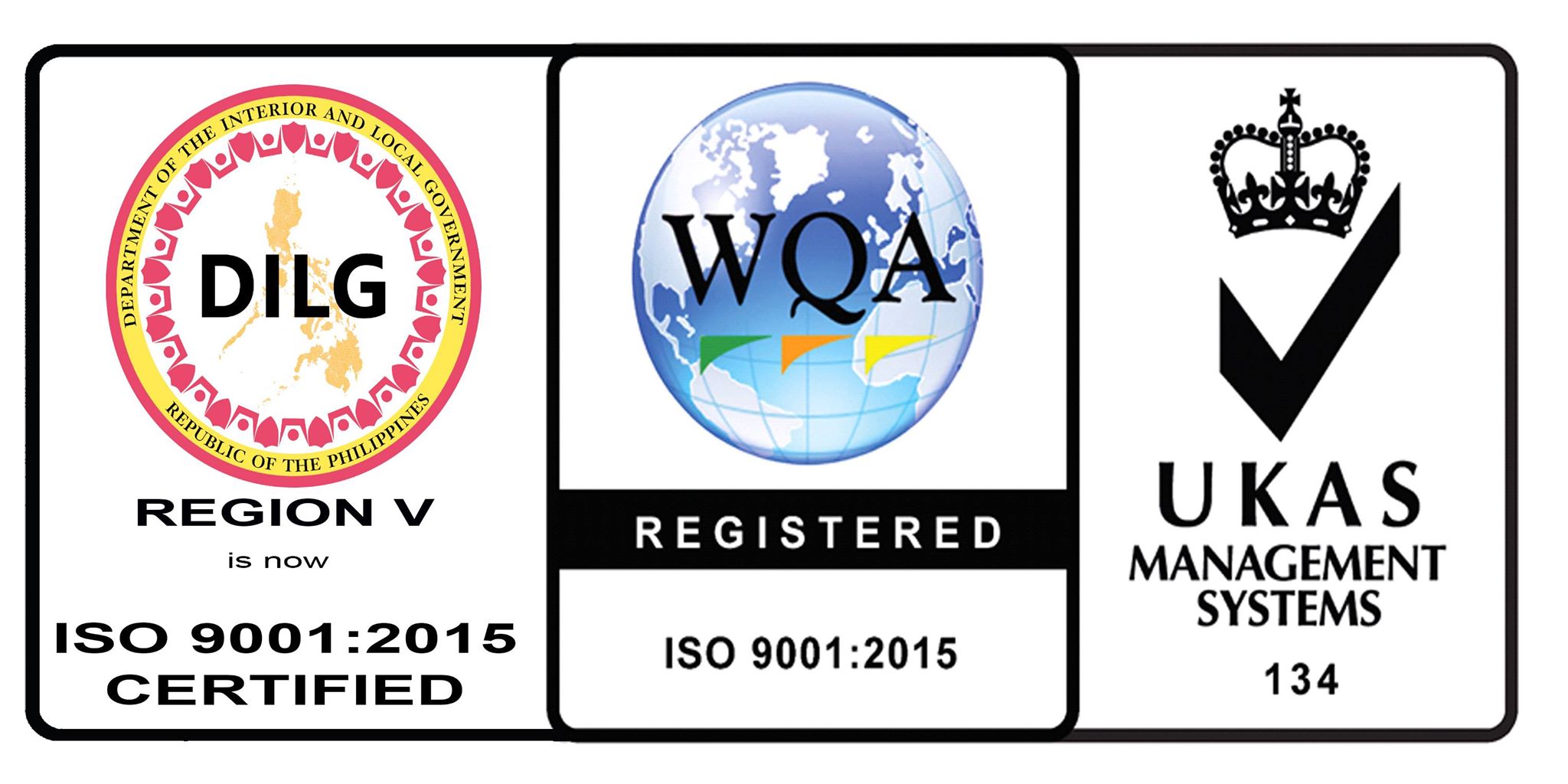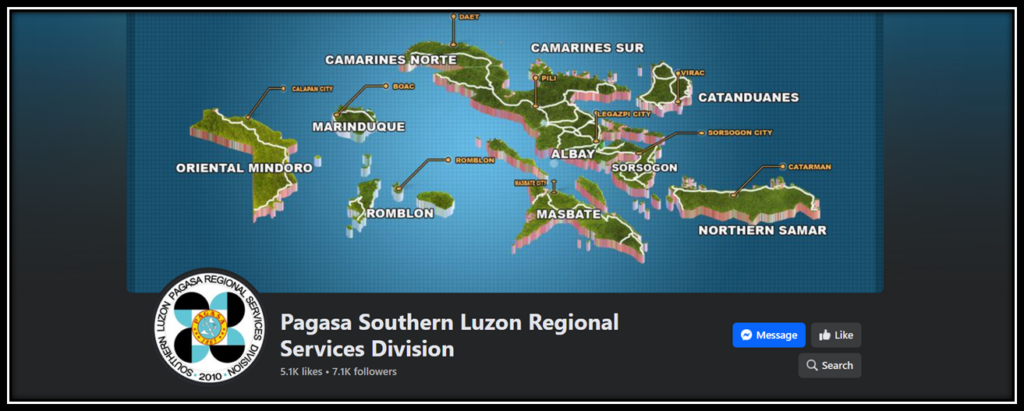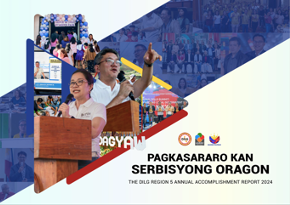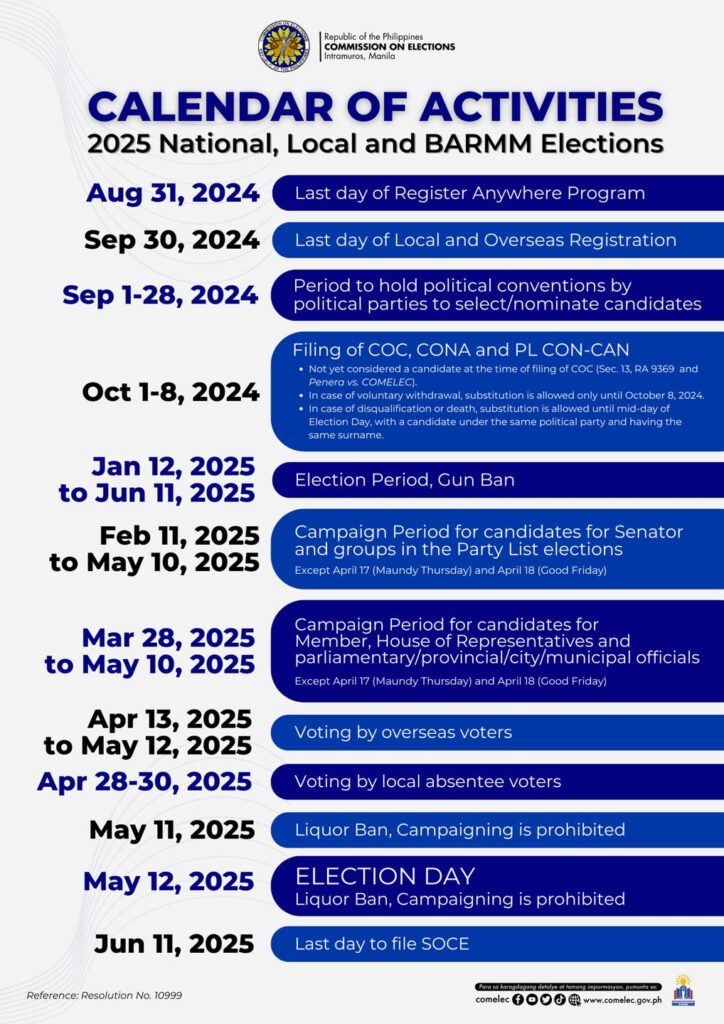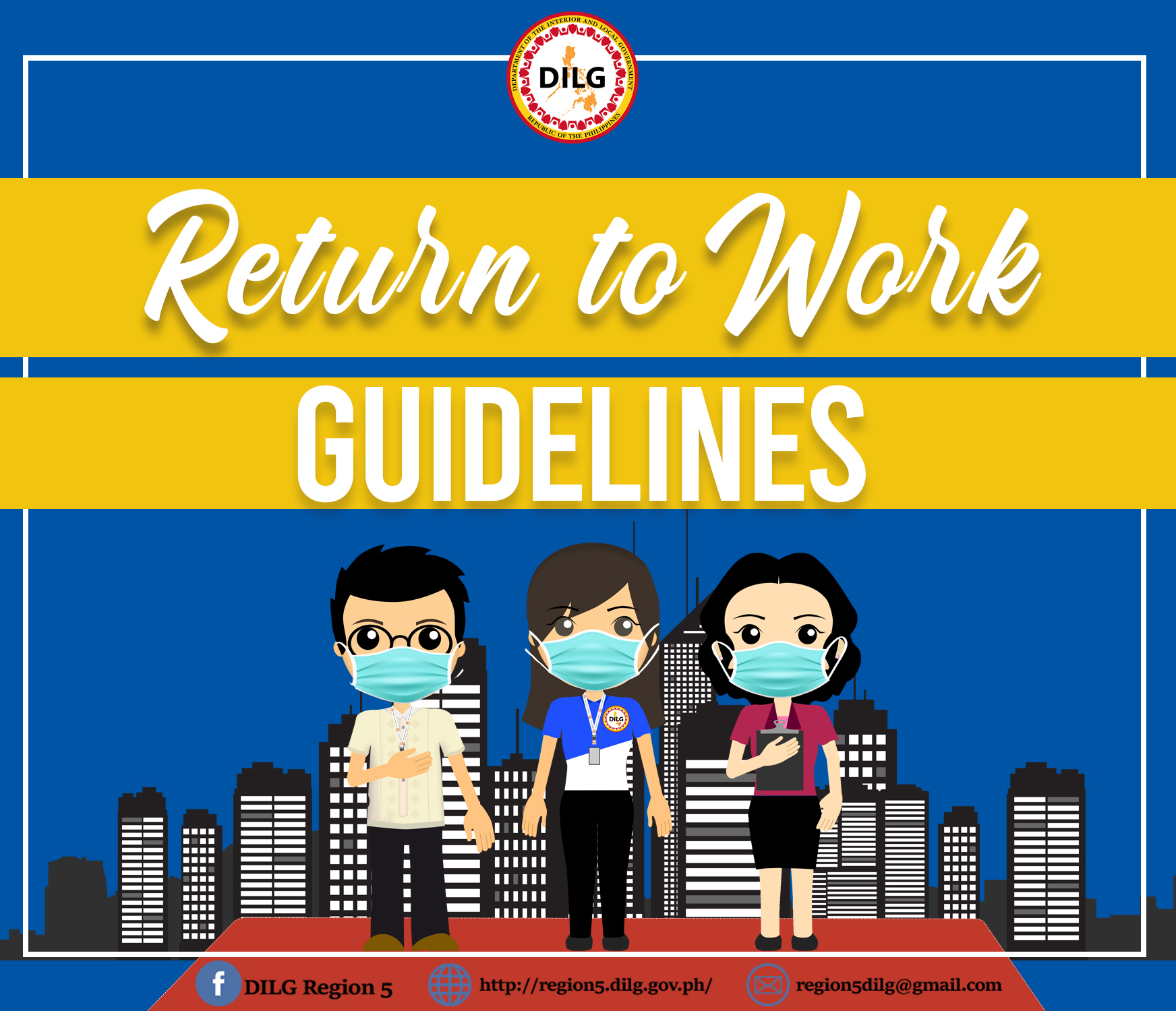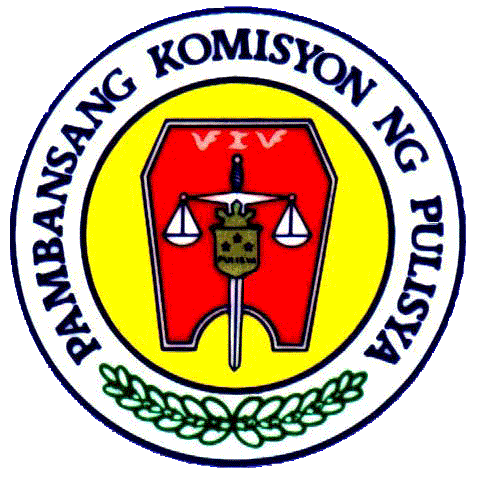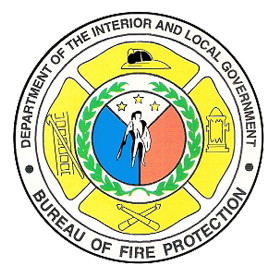Reference : https://dilg.gov.ph/news/DILG-urges-LGUs-to-integrate-health-safety-protocols-in-local-disaster-plans-for-rainy-season-amidst-Covid-19-threat/NC-2020-1225
With the onset of the rainy season, the Department of the Interior and Local Government (DILG) is urging all local government units (LGUs) to integrate COVID health safety protocols in revisiting their respective local disaster risk reduction and management (LDRRM) plans as the COVID-19 pandemic continues.
“Mas mabigat ang tungkulin ng ating mga LGUs dahil ngayon lang mangyayari na may mga sama ng panahon sa gitna ng patuloy na pagsugpo sa Covid-19. But we have already cascaded some guidelines and advisories through the DILG Central Office Disaster Information Coordinating Center (CODIX) to better equip them in dealing with the situation,” says DILG Spokesperson and Undersecretary Jonathan E. Malaya.
“These guidelines will be released to help our LGUs to effectively prepare and respond to natural disasters and Covid-19 at the same time,” he adds.
According to CODIX Chief Edgar Allan B. Tabell, LGUs are not going into battle blind since as early as 2003, with the threat of the Severe Acute Respiratory Syndrome (SARS) and the Ebola virus disease (EVD) in 2015, LGUs had been guided to plan and respond to biological disasters.
Malaya reminded LGUs to carry out actions in response to natural disasters as recommended in the Operation Listo manual, which is the advocacy program of the Department that aims to strengthen the disaster preparedness of provinces, cities, towns, and villages by doing minimum actions in preparation for typhoons.
He reiterates the need for LDRRM Councils of LGUs to set up their respective pre-disaster risk assessment and initiate all the necessary logistical preparations with utmost consideration of the coronavirus health risks.
LGUs are enjoined to convene and review their respective LDRRM plans and update their response accordingly in adherence to the minimum health standards and infection prevention protocols set by the Department of Health (DOH).
However, Malaya noted that many LGUs are already capable of handling natural disasters as the Operation Listo protocols of the DILG are being implemented well since it was launched. He assured that the DILG is coordinating with various national agencies for clearer guidelines in ensuring that the actions taken by the LGUs in addressing both typhoons and Covid-19 will be following the minimum health protocols.
“We will have challenging days up ahead. Rest assured that the DILG remains committed to assisting our LGUs to navigate this unprecedented challenge,” he said.
“Considering the situation, we still would like to commend the LGUs in keeping our communities safe amid this health pandemic. Wala pa po tayong ganitong nararanasan. Lahat tayo noong umpisa ay nag-adjust. But the lessons are coming in, and we are learning from it,” he added.
Earlier, the PAGASA (Philippine Atmospheric, Geophysical, and Astronomical Services Administration) advised the public and all concerned agencies to take precautionary measures in preparation for the rainy season.
But the state weather bureau added that periods of rain will be followed by dry periods, called monsoon breaks, “that could last for several days to two weeks.” This means that rain will not persist throughout the entire wet season.



